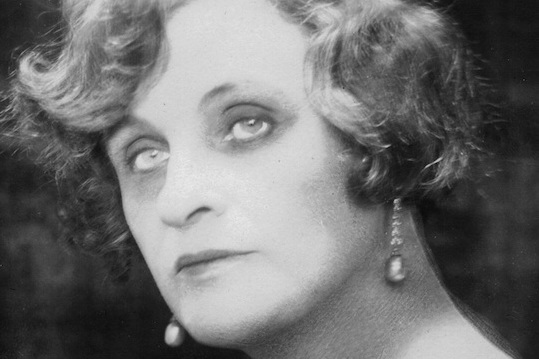At the time of Teffi’s famous dinners with Rasputin in 1916 (memorialised in an unusual, humanising account), she was at the peak of her renown, one of the most celebrated and beloved of Russian writers. Her admirers came from across the political spectrum and included not only Vladimir Lenin and Tsar Nicholas II but also many writers. Following Teffi’s death in Paris in 1952, her work sank into oblivion—perhaps because she was a woman and an emigrée, and because some wrongly thought her work too witty to be serious. Fortunately, after long years of obscurity, Teffi is being rediscovered. Three volumes of her work are now available in English translation: Subtly Worded (2014), Memories (2016)[i], and Rasputin and Other Ironies (2016) (published as Tolstoy, Rasputin, Others, and Me by NYRB in the United States) This is largely thanks to the efforts of expert translator and my former mentor, Robert Chandler, who is one of the principal translators and a great advocate of collaborative translation.
Each book has been translated collaboratively and is the product of anywhere from three to six hands—or heads—and that’s only counting the translators named on the copyright page.In the case of ‘Rasputin’, the number is probably closer to ten, as Robert took the text to translation summer school and his entire group had a go at it, multiplying the golden moments in translation. While Robert and Elizabeth Chandler have been a central guiding presence throughout, the rest of us have been involved in some books but not in others or have played different roles from one book to the next.


